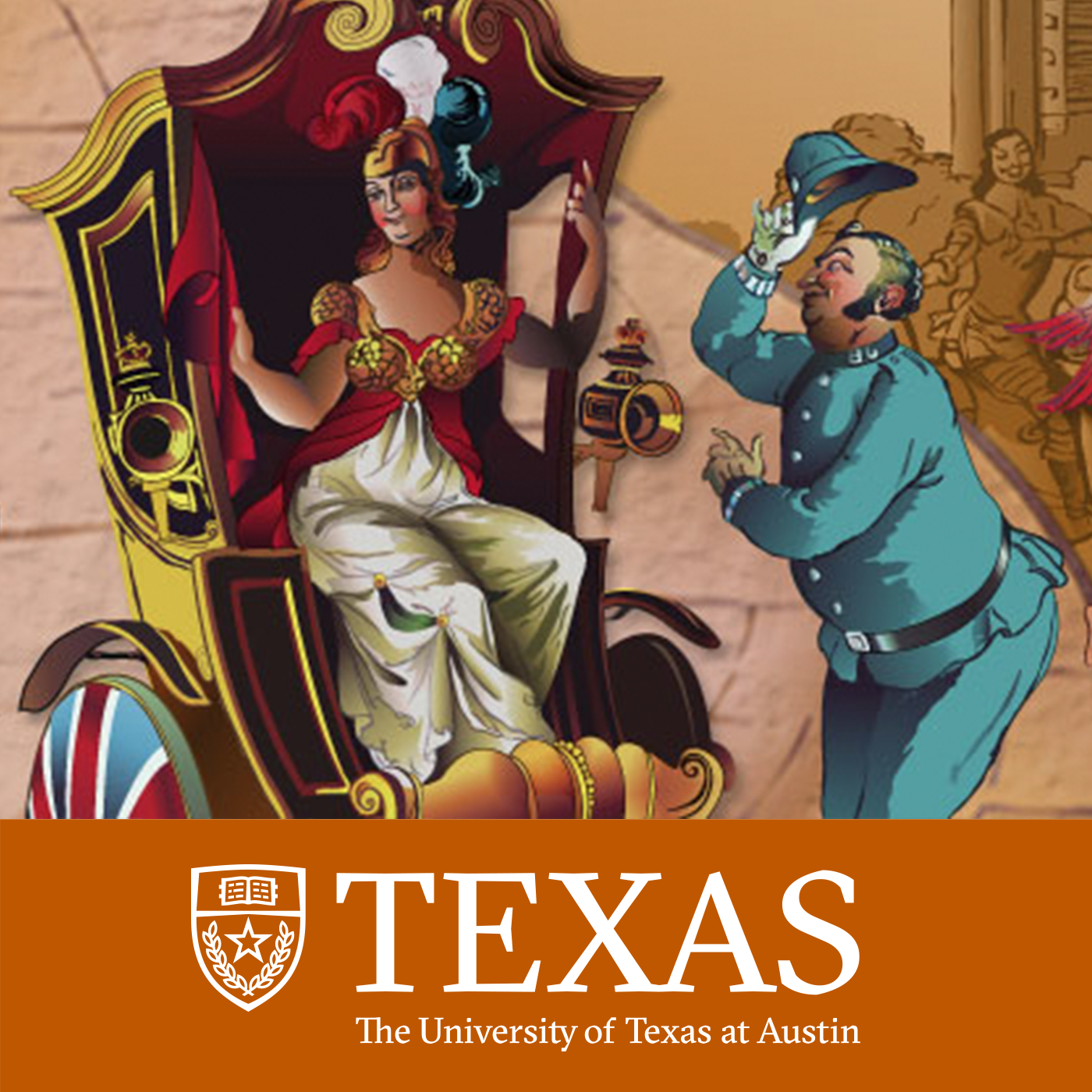Cyprus and World War II: A Turning Point in the War in the Mediterranean
Description
Speaker – George Kelling
The British acquired Cyprus for strategic reasons in 1888, and the island has provided a valuable strategic base up to this day. During World War II, Cyprus faced the danger of a German invasion. The loyalty of the Greek population on the island could not be taken for granted. According to the Governor: “Morale of the majority of Cypriots is at its lowest ebb. In event of invasion we can expect little help from [the Greek Cypriots] and some might even turn against us.” What was the British response to a situation that posed the danger of revolt from within and invasion without? The answer has a bearing on the war in the Mediterranean and elsewhere. George Kelling served in the army from 1958 to 1978. On retiring, he entered graduate school, earning a doctorate in history at the University of Texas in 1988, with a dissertation dealing with Cyprus in the period 1939–1955. He has had a second career as a civilian historian with the air force. He has maintained a vigorous interest in the history of the British Empire, particularly Cyprus and the eastern Mediterranean, in World War II.
More Episodes
Paula Marantz Cohen DREXEL UNIVERSITY
How can decline in enrollments in the humanities be explained? Nationwide in recent years estimates of the drop in liberal arts majors range from one-fourth to one-third of those in English, history, government, philosophy and other traditional subjects....
Published 03/10/20
Published 03/10/20
Aaron Pratt HARRY RANSOM CENTER
Before the publication of Shakespeare’s First Folio in 1623 and the efforts of subsequent editors and critics, England’s printed playbooks were considered “riff raff,” connected more with the world of London’s popular theaters than with what we might think of as...
Published 03/02/20


